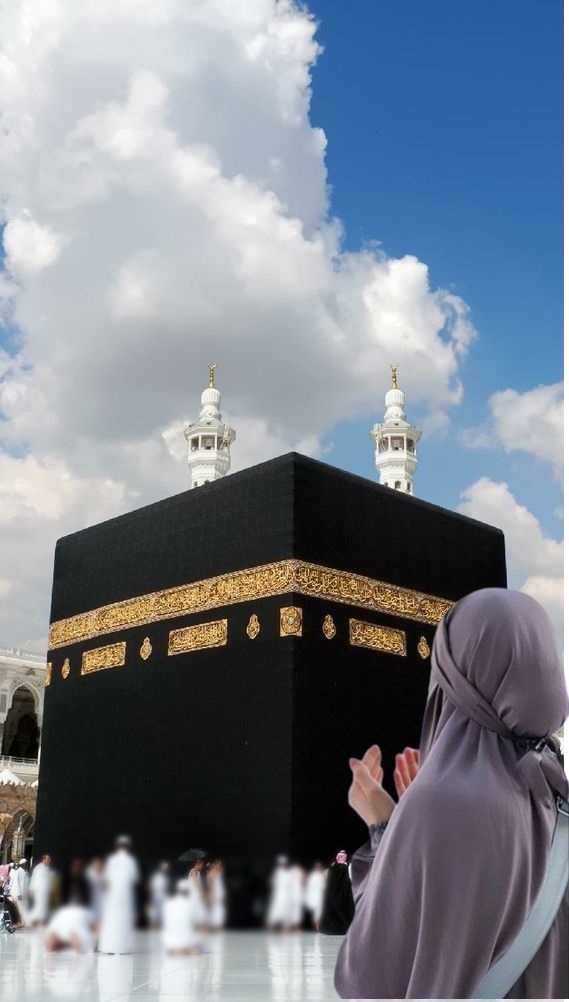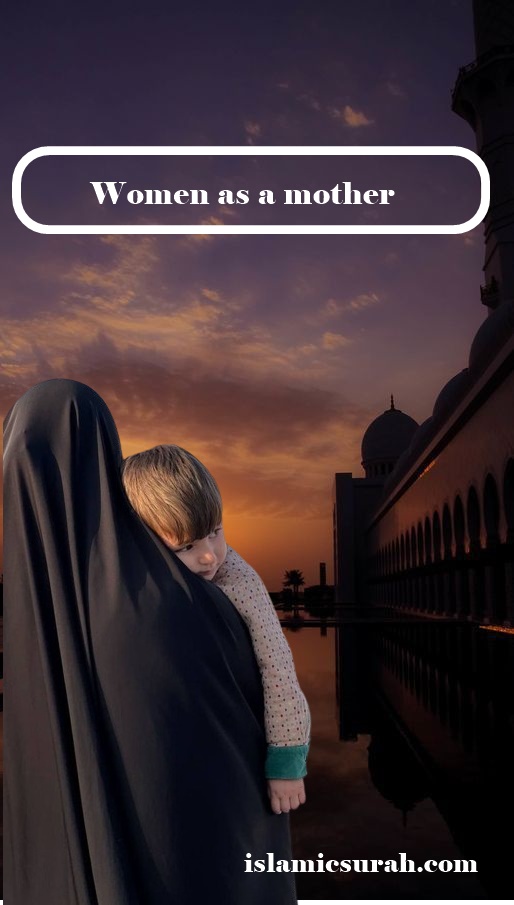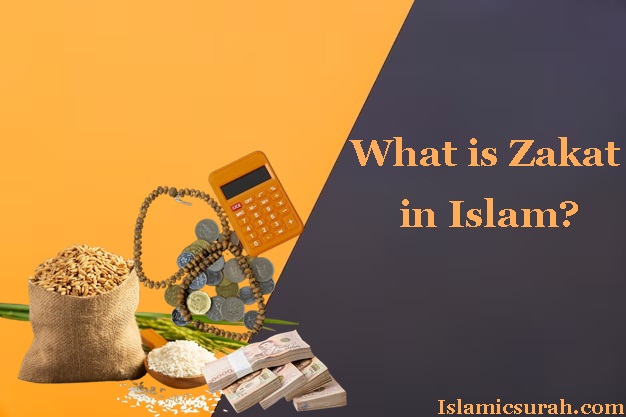The status of women in society is an ongoing issue that has yet to be fully resolved. The perspective of Islam on this matter has often been portrayed to Western audiences with a significant lack of objectivity.
Equality in Faith
In Islam, there is no distinction between men and women in their relationship with Allah. “They promise both the same rewards for good deeds and the same punishments for wrongdoing.”
As stated in the Qur’an:
And for women are rights over men similar to those of men over women. (2:226)
The Qur’an frequently addresses the believers with the phrase “believing men and women” to highlight the equality of men and women in terms of their duties, rights, virtues, and merits.
This directly challenges the claim made by Christian Fathers that women lack souls and will exist as sexless beings in the afterlife. The Qur’an affirms the status of women in islam that women have souls just like men and will enter Paradise if they do good deeds.
Enter into Paradise, you and your wives, with delight. (43:70)
It also states:
…So their Lord accepted their prayers, (saying): I will not suffer to be lost the work of any of you whether male or female. You proceed one from another …(Qur’an 3: 195).

A Comparison with Pre-Islamic Pagan Practices
Before the advent of Islam, pagan Arabs practiced cruel customs such as burying their female children alive, forcing women to dance naked near the Ka’ba during annual fairs, and treating women as mere property and objects of sexual pleasure, devoid of rights or status. In contrast, the teachings of the Noble Qur’an were truly revolutionary. Unlike other religions that viewed women as inherently sinful and wicked while regarding men as inherently virtuous and noble, Islam sees men and women as being of the same essence, created from a single soul.
In Childhood and Through Adolescence
Despite the widespread acceptance of female infanticide among certain Arabian tribes, the Qur’an explicitly prohibited this practice, treating it as a crime equivalent to murder.
“And when the female (infant) buried alive is questioned, for what crime she was killed.” (Qur’an 81:8-9).
Condemning the mindset of parents who reject their daughters, the Qur’an states:
“When one of them hears news of the birth of a female child, he darkens his face and is filled with inward grief.” He hides himself in shame from his people because of the bad news he has received. Shall he keep her in contempt or bury her in the dust? Alas! What an evil choice they decide on!” (Qur’an 16:58-59).
As a wife
According to Islamic law, women cannot be compelled to marry without their consent.
Ibn Abbas reported that a girl came to the Messenger of God, Muhammad (P.), and she reported that her father had forced her to marry without her consent. The Messenger of God gave her the choice . . . (between accepting the marriage or invalidating it). (Ibn Hanbal No. 2469).
Mahr, a Marriage Gift for Her
Islamic law ensures a woman’s full right to her ”Mahr”. A marriage gift from her husband included in the nuptial contract. This gift, symbolizing love and affection, belongs solely to her and is not transferred to her father or husband. Mahr is not a price for the woman but a token of respect.
As a mother

Mothers sacrifice their time, wants, and desires for their children’s benefit. They provide protection and stability, helping their children gain the strength to achieve their goals and become better citizens.
Hence, in Islam the value of mother is greater. it is obligatory to listen to be a dutiful child as it is one of the responsibility as a child. This shows that Islam treasures the sacrifies made by the each human name ”mother” without doubting the pain that they have gone through.
Also visit Surah an Nisa to learn and read about women rights.
